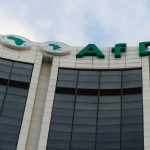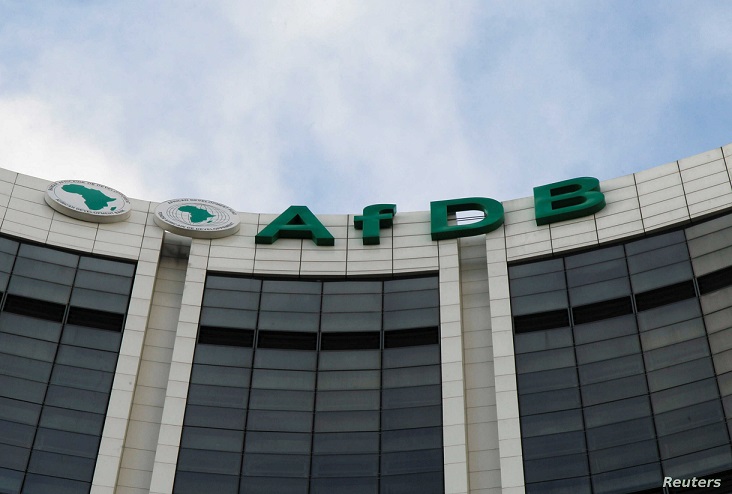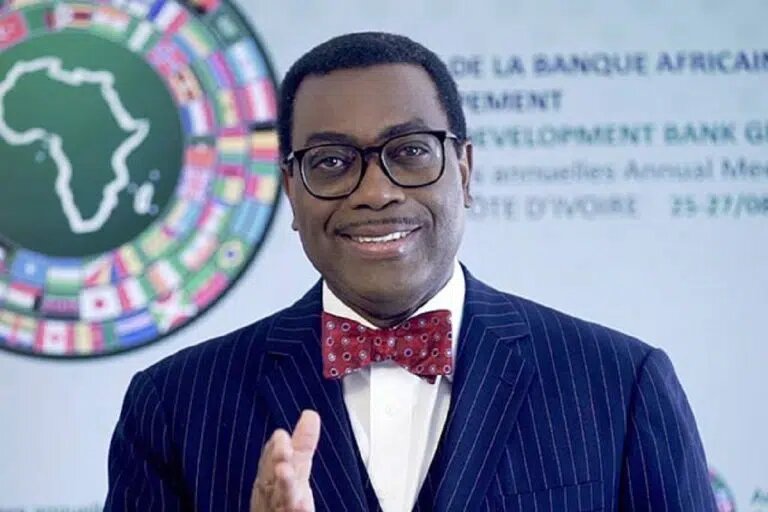The African Development Bank (AfDB) has demonstrated strong support for Nigeria’s economic development with a substantial commitment of $4.4 billion. This financial backing is one of the largest among Regional Member Countries (RMCs), emphasizing the bank’s dedication to the nation’s progress.
Lamin Barrow, Director-General of the Nigeria Country Department of AfDB, highlighted this significant investment during the Joint Country Portfolio Performance Review (CPPR) Workshop held in Abuja. He revealed that this funding encompasses 48 operations, covering both public and private sector initiatives.
Barrow further reported positive strides in portfolio performance metrics, with a notable decrease in flagged operations facing implementation challenges. These challenges have reduced from 36% in January to 32% in September, a result of collaborative efforts between stakeholders to streamline startup and implementation processes.
Despite this progress, Barrow acknowledged that there is room for improvement, especially in achieving the target for flagged operations set at 20%.
The AfDB’s commitment to Nigeria’s development has been further demonstrated through increased disbursements, rising from UA 93 million in 2021 to UA 143 million in 2022, and projected to reach UA 165 million by the end of December 2023. Additionally, fiduciary compliance has improved, as observed in the timely submission of audited financial statements.
Barrow commended the Nigerian government for initiating crucial reforms, such as the removal of fuel subsidies and exchange rate unification. While acknowledging short-term challenges, he believes these reforms will pave the way for sustained economic growth.
In conclusion, Barrow expressed optimism that the workshop discussions would lead to accelerated on-ground results, ultimately benefiting the people of Nigeria.
Stanley George, Director of the International Economic Relations Department at the Federal Ministry of Finance, Budget and National Planning, echoed his appreciation for AfDB’s partnership in realizing Nigeria’s development goals. He emphasized the need to address challenges related to project implementation, emphasizing the importance of timely execution for the betterment of future generations.










